Yihong Theis
Masked Face Recognition using ResNet-50
Apr 19, 2021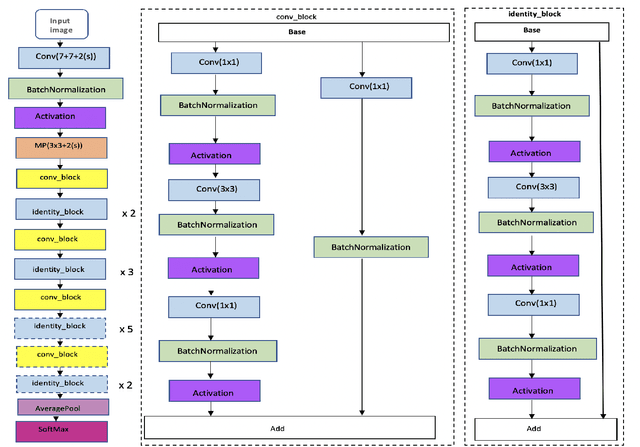
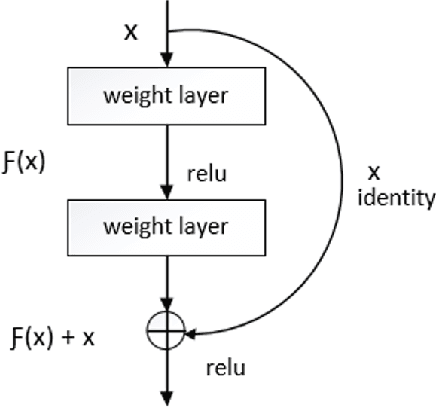
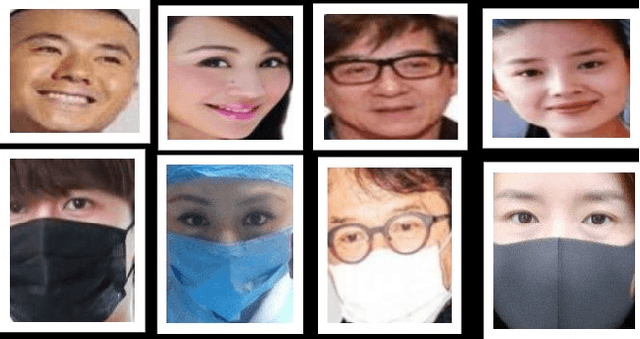
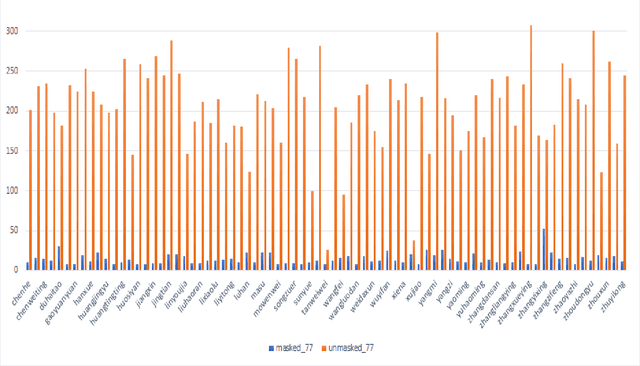
Abstract:Over the last twenty years, there have seen several outbreaks of different coronavirus diseases across the world. These outbreaks often led to respiratory tract diseases and have proved to be fatal sometimes. Currently, we are facing an elusive health crisis with the emergence of COVID-19 disease of the coronavirus family. One of the modes of transmission of COVID- 19 is airborne transmission. This transmission occurs as humans breathe in the droplets released by an infected person through breathing, speaking, singing, coughing, or sneezing. Hence, public health officials have mandated the use of face masks which can reduce disease transmission by 65%. For face recognition programs, commonly used for security verification purposes, the use of face mask presents an arduous challenge since these programs were typically trained with human faces devoid of masks but now due to the onset of Covid-19 pandemic, they are forced to identify faces with masks. Hence, this paper investigates the same problem by developing a deep learning based model capable of accurately identifying people with face-masks. In this paper, the authors train a ResNet-50 based architecture that performs well at recognizing masked faces. The outcome of this study could be seamlessly integrated into existing face recognition programs that are designed to detect faces for security verification purposes.
Pipelines for Procedural Information Extraction from Scientific Literature: Towards Recipes using Machine Learning and Data Science
Dec 16, 2019
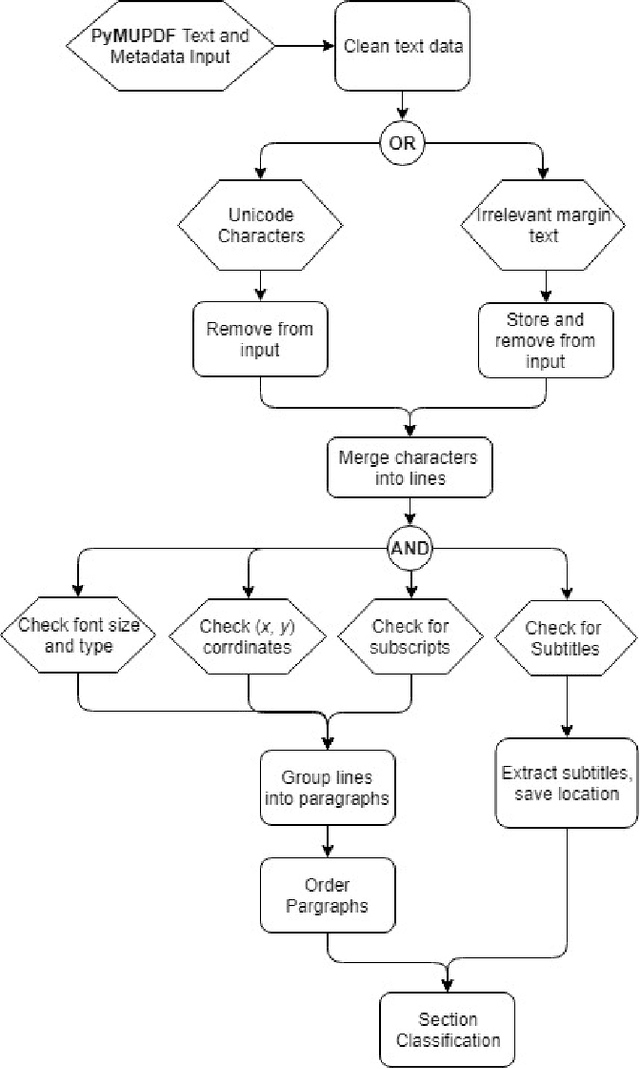
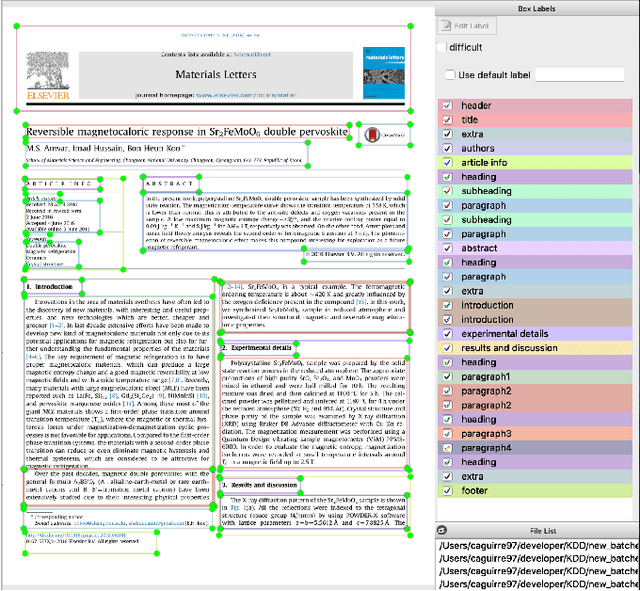

Abstract:This paper describes a machine learning and data science pipeline for structured information extraction from documents, implemented as a suite of open-source tools and extensions to existing tools. It centers around a methodology for extracting procedural information in the form of recipes, stepwise procedures for creating an artifact (in this case synthesizing a nanomaterial), from published scientific literature. From our overall goal of producing recipes from free text, we derive the technical objectives of a system consisting of pipeline stages: document acquisition and filtering, payload extraction, recipe step extraction as a relationship extraction task, recipe assembly, and presentation through an information retrieval interface with question answering (QA) functionality. This system meets computational information and knowledge management (CIKM) requirements of metadata-driven payload extraction, named entity extraction, and relationship extraction from text. Functional contributions described in this paper include semi-supervised machine learning methods for PDF filtering and payload extraction tasks, followed by structured extraction and data transformation tasks beginning with section extraction, recipe steps as information tuples, and finally assembled recipes. Measurable objective criteria for extraction quality include precision and recall of recipe steps, ordering constraints, and QA accuracy, precision, and recall. Results, key novel contributions, and significant open problems derived from this work center around the attribution of these holistic quality measures to specific machine learning and inference stages of the pipeline, each with their performance measures. The desired recipes contain identified preconditions, material inputs, and operations, and constitute the overall output generated by our computational information and knowledge management (CIKM) system.
 Add to Chrome
Add to Chrome Add to Firefox
Add to Firefox Add to Edge
Add to Edge